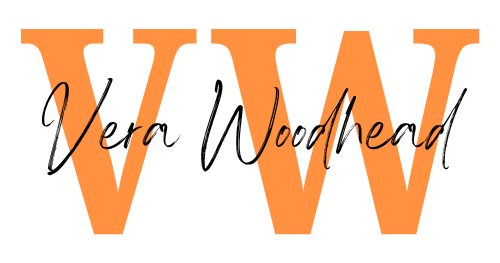In their seminal work, ‘The Trusted Advisor,‘ Harvard professors David H. Maister, Charles H. Green, and Robert M. Galford introduce the Trust Equation:
Trust = Credibility + Reliability + Intimacy / Self-Orientation
Trust is the bedrock of effective leadership. It fosters open communication, drives engagement, and enhances team performance. Without trust, collaboration falters, and innovation stalls.
This formula provides a practical framework for senior leaders to cultivate trust within their teams. Here’s how you can apply it:
- Credibility: Demonstrate expertise and sound judgment. Share your knowledge generously and make informed decisions. Your team must believe in your competence.
❓ How do you demonstrate your expertise to your team? Are there areas where you can improve your credibility?
🚀 What steps can you take to share your knowledge more generously and make better-informed decisions?
2. Reliability: Consistently follow through on your commitments. Reliability breeds dependability, showing your team that they can count on you.
❓ Are you consistently meeting your commitments? How do you handle situations when you can’t?
🚀 What strategies can you implement to enhance your reliability?
3. Intimacy: Build strong, personal connections. Show genuine interest in your team members’ well-being. This creates a safe environment for open dialogue and collaboration.
❓ How well do you know your team members personally? Do they feel comfortable sharing their concerns with you?
🚀 What actions can you take to build stronger, more personal connections with your team?
4. Reduce Self-Orientation: Focus on the needs of your team rather than your own agenda. Practice active listening and prioritize collective success over personal gain.
❓ How often do you prioritize your team’s needs over your own? Do you practice active listening?
🚀 What changes can you make to reduce your self-orientation and better support your team’s success?
🤝 By applying the Trust Equation, leaders can create a culture of trust that enhances morale, innovation, and overall performance.
📵 Committed to taking regular breaks, I took some time out in Cornwall where a digital detox was most liberating – no social media to like, comment, share…
Nurturing Resilience and Well-Being
As leaders, we navigate complex landscapes, juggle responsibilities, expectations, and unforeseen challenges. And that’s just at work!
Amidst this whirlwind, our own well-being often takes a backseat. Practicing self-care builds resilience for future challenges and tough times. This doesn’t mean getting up at 4 am and spending hours in the gym!
Here’s how some of the leaders I work with embody these principles:
Sarah, a seasoned executive: Starts every morning with a 15-minute meditation. She takes 2 short breaks during the day to clear her mind and eats her lunch away from her desk. These small rituals help her stay focused, calm, and ready to tackle challenges, enhancing her leadership effectiveness.
🤔 Do you have small daily rituals that help you recharge? How do they impact your effectiveness?
✅ What simple self-care practices can you incorporate into your daily routine?
Omar, technical director: When a critical deadline shifts unexpectedly, Omar uses virtual collaboration tools to quickly gather his team, discusses alternative approaches, and adapts swiftly. His resilience and proactive approach keep projects on track and motivate his team.
🤔 How do you handle unexpected changes and deadlines? Does your approach inspire your team?
✅What strategies can you implement to improve your adaptability and team motivation?
Maya, nonprofit CEO: During tough times, she revisits the stories of lives transformed by her organisation. This deeper purpose fuels her determination and makes her the steady anchor for her team.
🤔 How often do you connect with the deeper purpose of your work? Does it help you stay motivated?
✅ How can you more regularly integrate purpose-driven reflections into your leadership approach?
James, startup founder: Faces uncertainty daily. His support network of trusted advisors, fellow entrepreneurs and family, helps to keep him grounded. They celebrate wins and navigate setbacks together.
🤔 Do you have a strong support network? How often do you lean on them for support?
✅ What steps can you take to build and strengthen your support network?
Francesca, executive director: Practices mindfulness. She listens intently, noticing nuances in discussions. Her clarity leads to better decisions and sets a resilient tone for the entire organisation.
🤔 How mindful are you during meetings and discussions? Do you notice the nuances in conversations?
✅ What mindfulness practices can you adopt to improve your decision-making and set a positive tone?
Simple, time-efficient habits practiced consistently can make a huge difference to your well-being.
V
Discover more from Vera Woodhead
Subscribe to get the latest posts sent to your email.
